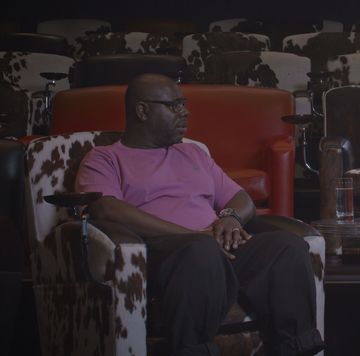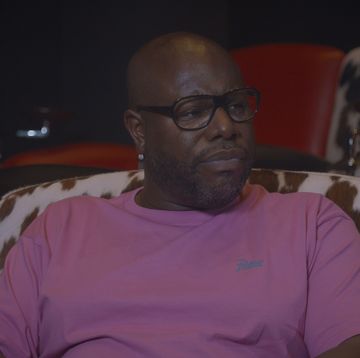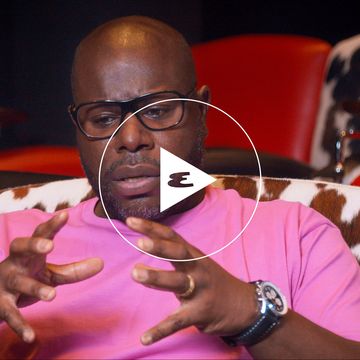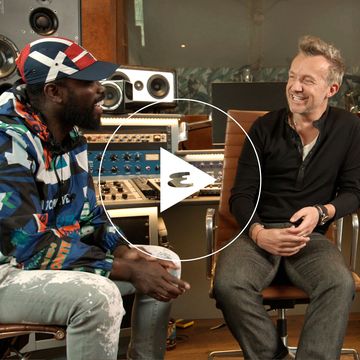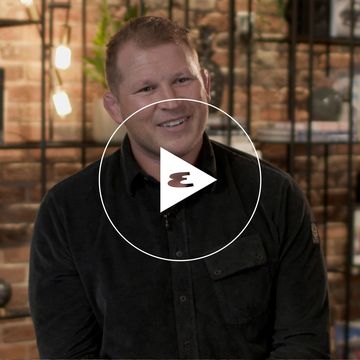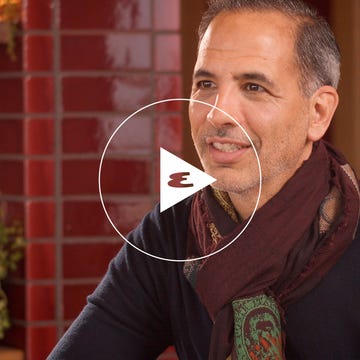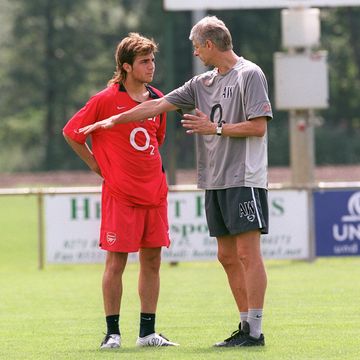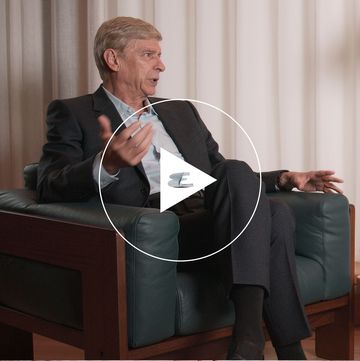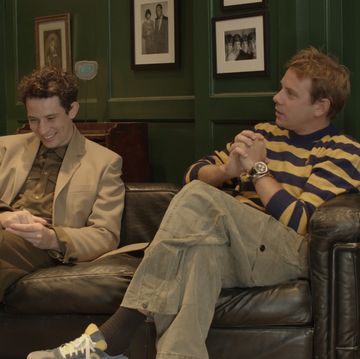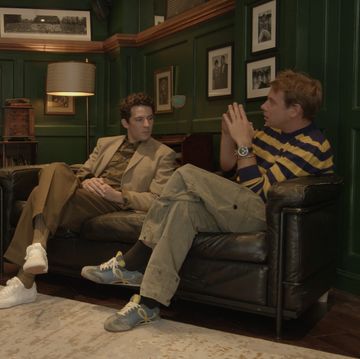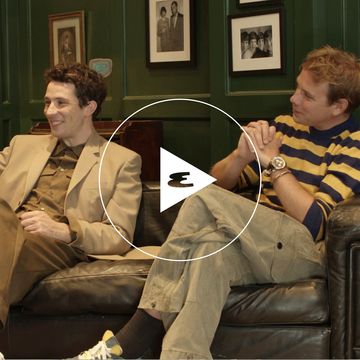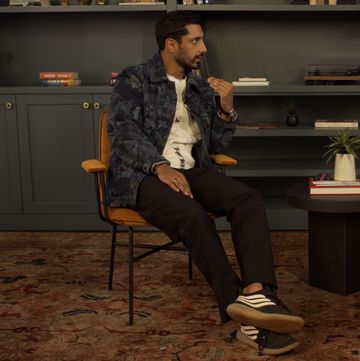Swiss adventurer, psychiatrist, environmentalist and philanthropist Bertrand Piccard comes from a long and proud line of explorers, thinkers and do-ers.
His grandfather was a famous physicist and balloonist, and his father a deep sea explorer. Piccard himself became, in 1999, the first person to complete a non-stop balloon flight around the globe inside the Breitling Orbiter 3, while in 2016 he took part in the first ever round-world-solar flight.
In his role as a Breitling ambassador, we sat down with Bertrand at The Esquire Townhouse to discuss life, advice, his legacy and what drives a man to spend 19 days 21 horus and 47 minutes floating across the world in a balloon.
Esquire: What’s the motivation when you set out on an expedition?
Bertrand Piccard: I would like to have an exciting AND useful life. If it’s only exciting sometimes it’s selfish, if it’s only useful, sometimes it’s boring. In exploration and adventure, you can do both.
ESQ: How did you and Breitling come to work together?
It's a long lasting friendship. It began 1992 when I crossed the Atlantic in a balloon. Before that I was a full-time psychiatrist who did hand-gliding. There was to be a race between five balloons and I needed to take two months out to do it. I called up Breitling, spoke to the owner and asked him to sponsor me. He said, 'Well today is my birthday, I'm in a good mood, so... sure.' I won the race and gave them a lot of good promo and that was it.
ESQ: What's the most difficult part of flying a balloon?
Bertrand: You can't steer a balloon with engines or rudders, you have to go with the wind. By going up or down, you steer left or right. This is the way to steer a balloon, but it is also the way to steer in life. You have to change altitudes in the winds of life. Ballooning for me is a metaphor of life.
ESQ: Thank you Bertrand. Is that part of the appeal of balloons?
Bertrand: Yes, I love balloons, they're very special.
ESQ: You come from a dynasty of explorers, does that come with pressure attached?
Bertrand: My father always told me: 'Do whatever you want, but do it well. He never pushed me to do the same, to build submarines or whatever. My father has been to the bottom of the Mariana Trench. My grandfather was the first person to reach the stratosphere, to see the curvature of the earth, you cannot beat that. You have to do something else.
ESQ: Being an explorer, you must have to deal with failure as well as success, how do you deal with failure?
Bertrand: I tell everyone in my team: 'If it was easy, someone would have done it before us'. It's a mantra to show that we're real pioneers, doing something new and interesting.
ESQ: You've spent 20 days in a balloon's cockpit before. Is that boring?
Bertrand: No, never. When you know you're doing something that has never been done before; one of your life's great ambitions, you become so focused and aware. I wanted to remember everything. I wanted to engrave it in my brain forever.
The goal is not to have done it, the goal is to do it.
ESQ: Is there a particularly fond memory from your adventures?
Bertrand: When I flew across the Pacific in the Solar Impulse, I was able to talk live to Ban Ki-moon at the UN. He was in a big meeting waiting to sign the Paris agreement on Earth Day with lots of heads of state, and I was live in the room with them.
ESQ: What did you say?
Bertrand: I said the heroes are not the astronauts or adventurers anymore, the heroes are those who will protect the environment and ensure the future of mankind.
ESQ: What advice would you give to an aspiring explorer?
Bertrand: You need a purpose. If it's just to beat a record, then I'm not sure it's worth it. If it's a really useful thing, then people will support it.
ESQ: So how do you feel about climbing Everest, for example?
Bertrand: Climbing a mountain like Everest is useful because it shows the capabilities of humanity, that we can go beyond our limits. If it's just to do it quicker than the person before, great, but this isn't useful


